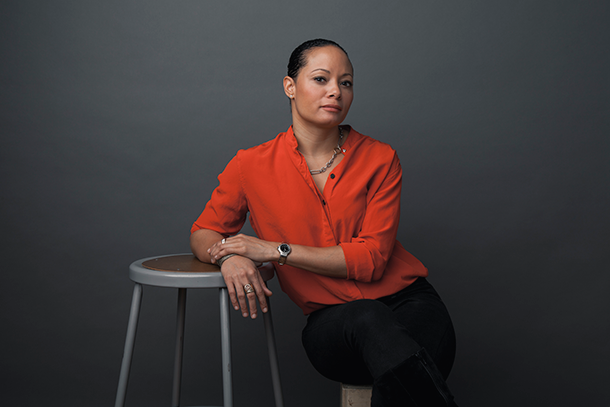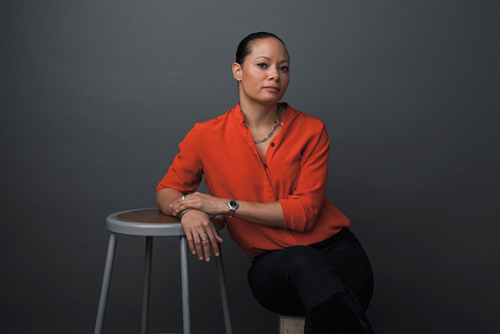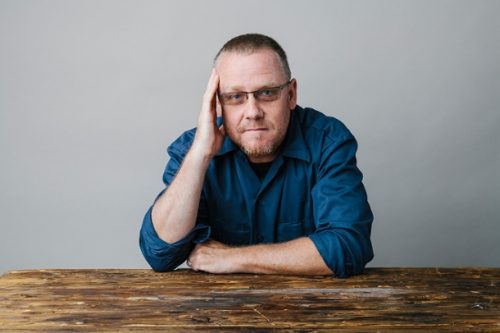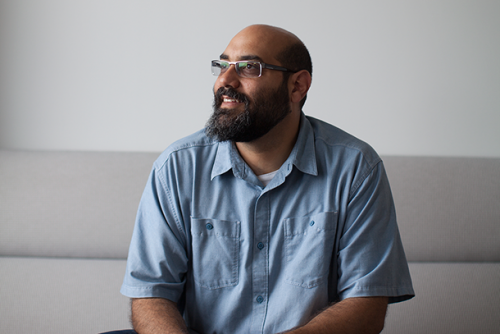
Worrying About Your Thesis Advisor

CM Burroughs, Graduate Faculty
By the time this post goes live, I’ll likely know who my thesis advisor for the spring is. I’ve talked about the thesis process a bit before, and even though I’m pretty confident I’ll have the opportunity to work with the advisor I want to, I also know that it won’t be the end of the world if something keeps me from working with the poet I want to. How can I be so cavalier about that? It’s pretty simple, actually: I go to Columbia. Earlier this semester I sent an email to Tony Trigilio, asking if he’d be willing to take a look at some of my poems and offer me some feedback. Just over a week after I emailed Tony, we were sitting down and having a long conversation about where I wanted the poems to go and where he thought they were capable of going. After workshop with Matthew Shenoda last semester, he offered up his personal time to meet over the summer and discus my final portfolio for the class as well as any of my other poems. I have had workshop and craft classes with CM Burroughs, and she has made herself available both outside of our class meeting periods and essentially at our convenience over Skype if she’s not able to be on campus to meet one-on-one.

Sam Weller, Graduate Faculty
Considering the conversations I’ve been able to have with Creative Nonfiction’s Sam Weller and the openness and approachability I hear of faculty in the other genres, I have to assume this is a department-wide stance. That’s not to say it’s a department-wide policy, rather that it’s an indicator that we have skilled writers who are just as concerned with being good teachers, and they know that one-on-one attention is often the best approach to education.
It’s because of this simultaneous dedication toward being the best writers and instructors they can be that I’m able to take the approach I have toward the time between sending in my thesis advisor preferences and hearing back from the department; it means that I can trust to have their ear whether they are dedicated to working with me on my thesis or not. A thesis student might have priority over other students, but at the end of the day, the instructors in the Department of Creative Writing are concerned with all of us.

Matthew Shenoda, Graduate Faculty
Even though I have a clear first choice for my thesis advisor, I definitely anticipate getting feedback on my work from my cohort and other faculty, and it’s this amount of attention to my development as a writer that has me confident that attending Columbia was the right choice.
Update: It turns out that I learned who my thesis advisor was before this blog post went to press, and I’m excited to be working with my first choice. But as I said above, I’m not about to stop utilizing all of the resources we have available to us in the MFA program at Columbia, and that includes reaching out to past, present, and future instructors for feedback on my creative work and for their thoughts on navigating the world as a professional writer.
